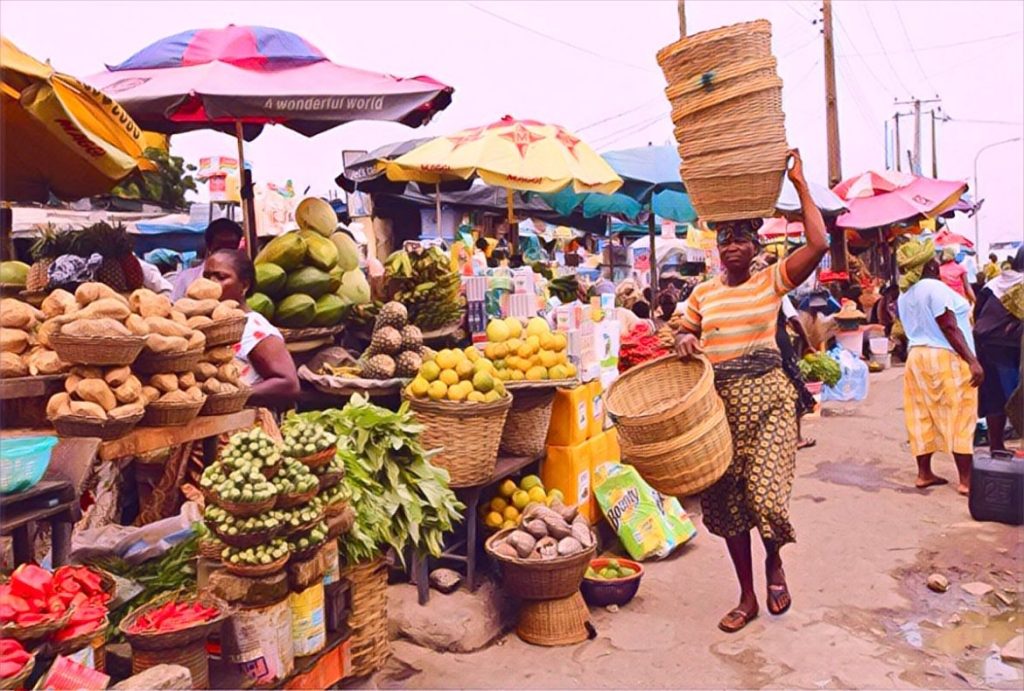The International Maritime Organisation (IMO) audit team has been officially welcomed by Transport Minister Sindisiwe Chikunga as they begin their essential audit of South Africa’s maritime operations under the IMO’s Member State Audit Scheme (IMSAS).
During the opening meeting held in Cape Town, the Minister hailed the gathering as a significant milestone in the country’s commitment to upholding international standards and compliance in maritime operations.
The International Maritime Organisation, a specialized agency of the United Nations, is responsible for regulating and promoting responsible shipping on a global scale. South Africa, a member since 1995, actively contributes to the development of international maritime policies and standards, particularly in areas related to maritime safety, pollution prevention, and the welfare of seafarers.
Minister Chikunga emphasized that South Africa benefits from various IMO initiatives that support capacity building, technical assistance, and development in the maritime sector. The IMO’s audit scheme aims to create a fair and effective regulatory framework for the shipping industry, promoting universal adoption and implementation, as well as fostering a safe, secure, and sustainable shipping environment.
During the audit, key areas including ship safety and security, as well as environmental protection measures, will undergo scrutiny. The Minister expressed South Africa’s focus on fostering compliance with international maritime conventions and aligning practices with global standards set by the IMO.
In the legislative arena, South Africa has reviewed the Comprehensive Maritime Transport Policy and is in the process of reviewing key pieces of legislation such as the Merchant Shipping Act, the Marine Pollution Bill, and the Oil Pollution Preparedness Response and Cooperation Bill, which are expected to be enacted soon. Minister Chikunga stressed the critical role of the legislative process in accelerating the adoption, incorporation into national laws, and development of regulations to mainstream the implementation and enforcement of IMO instruments in South African territorial waters.
The commencement of the IMSAS audit comes after its postponement due to the impact of the COVID-19 pandemic in 2021. The team will begin with preparatory work involving the collection and verification of documents. The auditors will assess South Africa’s compliance with international rules and standards, with a preliminary audit outcome report expected at the end of the week-long undertaking.
The audit team will scrutinize the Department of Transport, the South African Maritime Safety Authority (SAMSA), the Maritime Rescue Coordination Centre, the Transnet National Ports Authority, the Department of Fisheries, Forestry, the South African Weather Services, and the South African Navy Hydrography Office.
Minister Chikunga underscored the importance of the audit, highlighting its potential to catalyze positive change as South Africa strives for excellence in maritime operations. She emphasized that compliance is not just a regulatory obligation but a commitment to the wellbeing of the oceans, the safety of seafarers, and the sustainability of maritime trade essential to South Africa’s export-driven economy.
The Minister also noted that the feedback from the audit will contribute to the regulatory process of the IMO, helping to make measurable improvements in the effectiveness of the international regulatory framework for shipping, thus promoting a culture of safety and continuous improvement.
The audit serves as a window for reflection on South Africa’s work as a maritime nation, ensuring quality assurance and continuous standards improvement for a safe, secure, and environmentally sound coastline spanning approximately 3,000 kilometers.



